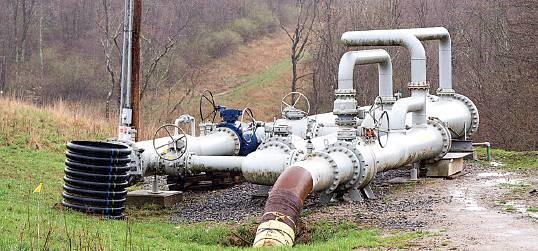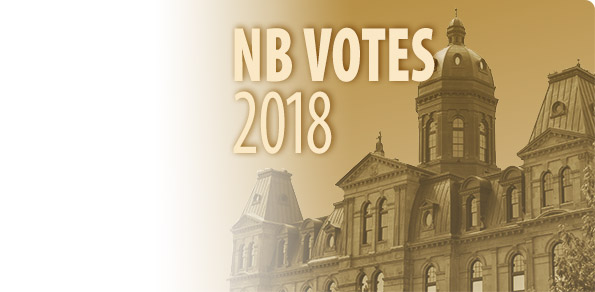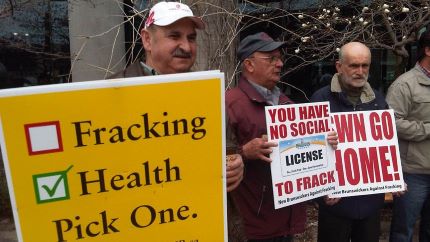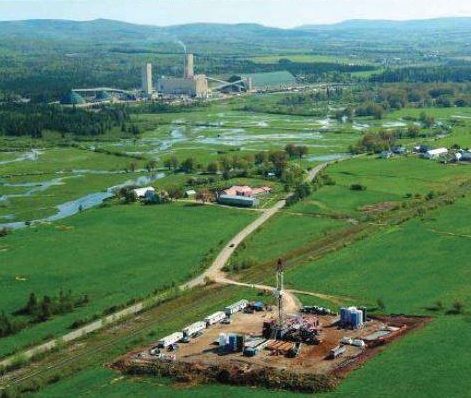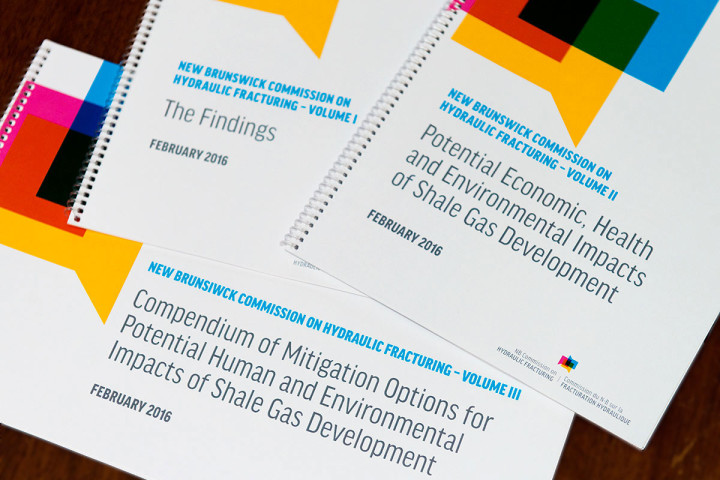JIM EMBERGER COMMENTARY
The Daily Gleaner, October 31, 2015
In its letter to the New Brunswick Commission on Hydrofracturing (reference “‘Social license’ needs definition, say Tories”, by Adam Huras, Telegraph Journal, 17 October 2015, ), the Progressive Conservative party asks for an explanation on how “clear and credible information about the impacts of hydraulic fracturing on health, environment, and water can be obtained without hydraulic fracturing occurring in New Brunswick.”
It’s amazing that educated people would ask such a nonsensical question. When confronting a high-risk situation only a fool would ignore the experiences of others who have faced and studied those risks.
Read More…
